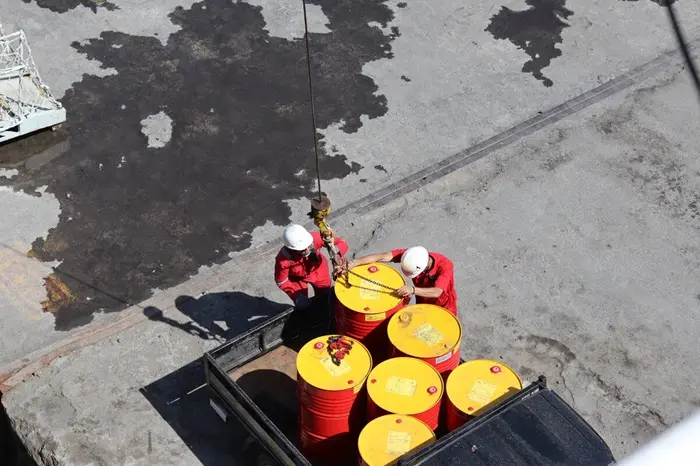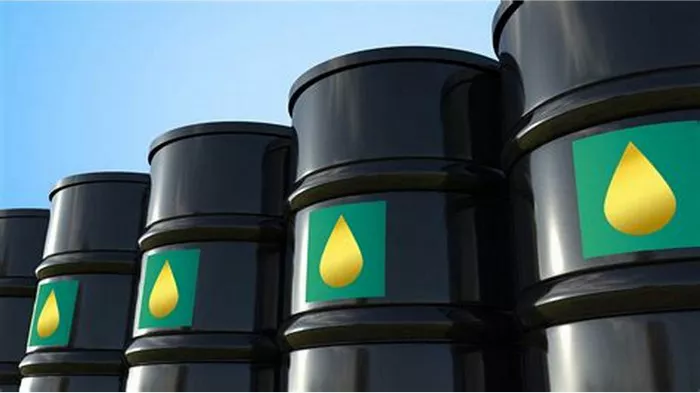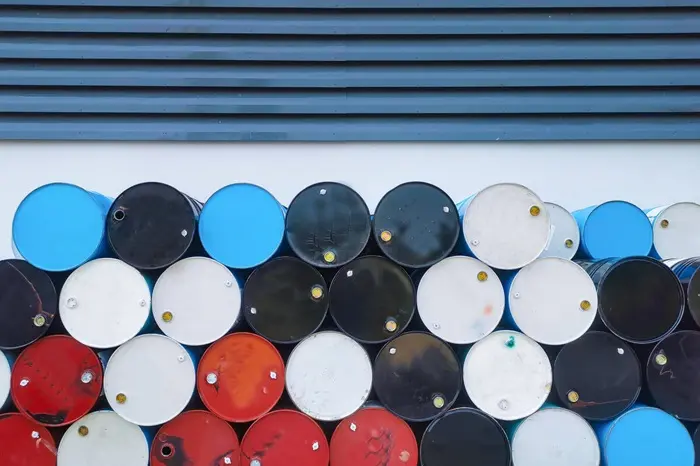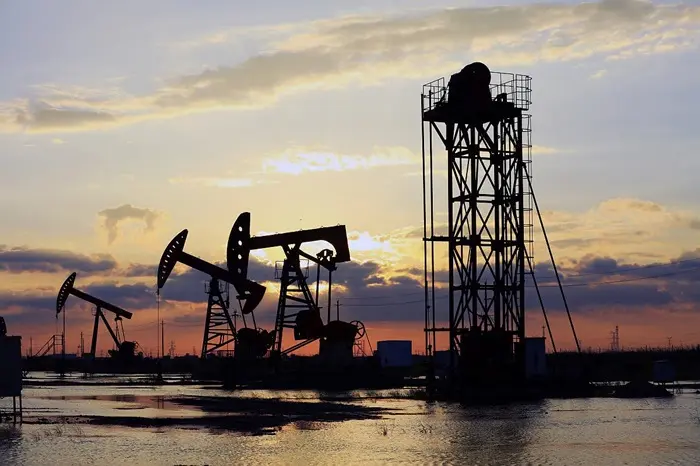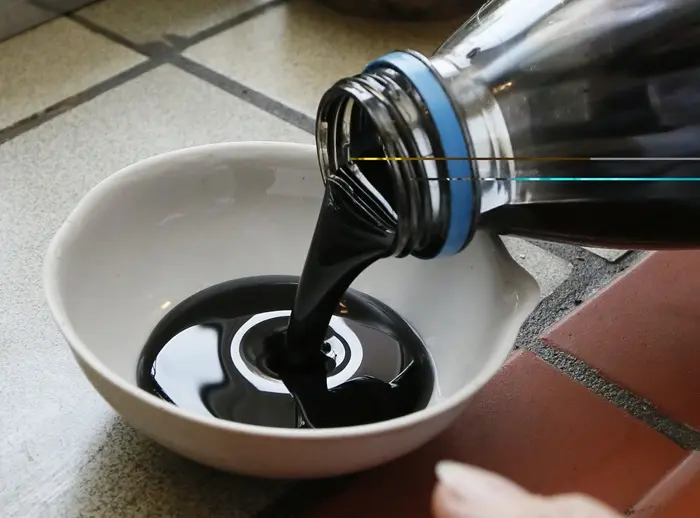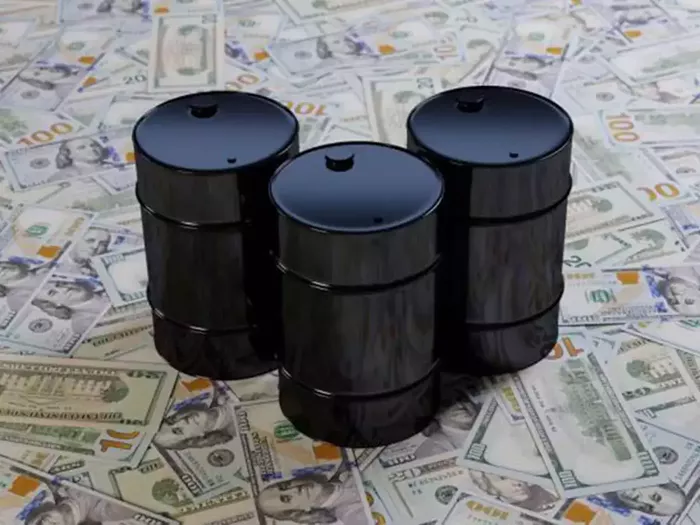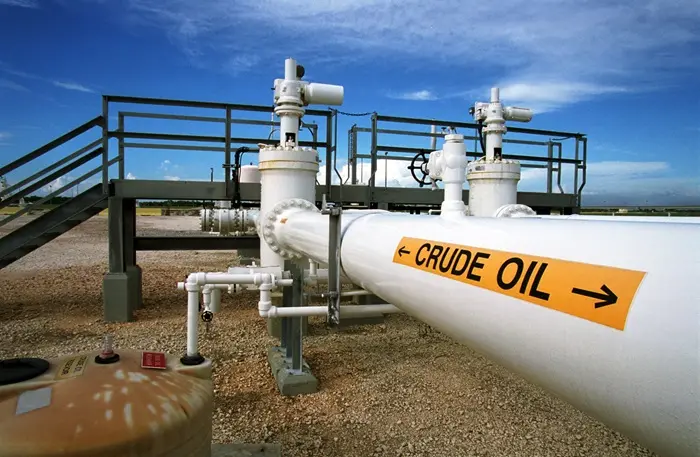In the complex world of oil refining, one key question often arises: how much gasoline can be extracted from a barrel of crude oil? This question is crucial for understanding the economics of the oil industry, the dynamics of fuel prices, and the overall efficiency of the refining process. In this article, we will explore the factors that determine gasoline yields, the refining process, and the implications for both consumers and producers.
The Basics of Crude Oil Refining
What is Crude Oil?
Crude oil is a natural fossil fuel composed of hydrocarbons and other organic compounds. It is extracted from the earth and serves as a raw material for various products, including gasoline, diesel, jet fuel, and other petrochemicals. Crude oil is classified into different types based on its characteristics, such as its density and sulfur content.
The Refining Process
The refining of crude oil involves several steps to transform it into usable products. The main stages include:
Distillation: The first step in refining is to heat the crude oil in a distillation column. This process separates the oil into different fractions based on boiling points. Lighter fractions, such as gasoline, are separated from heavier fractions, such as diesel and lubricating oils.
Conversion: Heavier fractions may undergo conversion processes, such as cracking, to break them down into lighter products. This step increases the yield of valuable products like gasoline.
Treatment and Blending: The separated fractions are then treated to remove impurities and blended to meet specific product standards and regulations.
Gasoline Yields from a Barrel of Crude Oil
Typical Gasoline Yields
On average, one barrel of crude oil (which is equivalent to 42 gallons or approximately 159 liters) produces about 19 to 22 gallons of gasoline. This yield can vary based on the type of crude oil and the configuration of the refinery.
Factors Affecting Gasoline Yields
Several factors influence the amount of gasoline that can be extracted from a barrel of crude oil:
Type of Crude Oil: The composition of crude oil can vary significantly. Light, sweet crude oil generally yields more gasoline compared to heavy, sour crude oil. This is because lighter crude oils contain a higher proportion of hydrocarbons that are suitable for gasoline production.
Refinery Configuration: Refineries are equipped with different technologies and processes that affect their efficiency. Refineries designed to maximize gasoline production, such as those using advanced cracking technologies, can produce a higher percentage of gasoline from crude oil.
Market Demand and Product Specifications: Refineries may adjust their operations based on market demand and regulatory requirements. For example, during high demand periods or when producing specific types of gasoline (e.g., summer blend or winter blend), the yield may vary.
Economic Implications
Impact on Gasoline Prices
The yield of gasoline from crude oil has a direct impact on gasoline prices. Higher yields generally mean that refineries can produce more gasoline per barrel of crude oil, potentially reducing the cost of gasoline. Conversely, lower yields may lead to higher gasoline prices.
Refinery Economics
Refineries aim to maximize their profitability by optimizing the yield of high-value products like gasoline. The efficiency of the refining process and the type of crude oil used are critical factors in determining the overall profitability of a refinery.
See Also: Current Crude Oil Values: What’s a Barrel Worth Right Now?
Environmental Considerations
Environmental Impact of Refining
The refining process involves several environmental considerations, including emissions and waste management. The production of gasoline and other fuels contributes to greenhouse gas emissions, which have implications for climate change. Modern refineries implement various measures to minimize their environmental impact, such as using cleaner technologies and adhering to stringent regulations.
Future Trends and Developments
Advancements in Refining Technology
Technological advancements in refining processes continue to improve the efficiency of gasoline production. Innovations such as improved catalytic cracking and hydrocracking technologies are enhancing the yield of gasoline from crude oil.
Shift Towards Alternative Fuels
The global shift towards renewable energy and alternative fuels may influence the demand for gasoline. As electric vehicles and alternative fuels become more prevalent, the refining industry may need to adapt to changing market dynamics.
Conclusion
Understanding how much gasoline can be extracted from a barrel of crude oil provides valuable insights into the oil refining process, the economics of fuel production, and the factors influencing gasoline prices. By examining the refining process, the factors affecting gasoline yields, and the broader economic and environmental implications, we gain a comprehensive view of this critical aspect of the energy industry.
As the industry continues to evolve with technological advancements and shifts in energy demand, staying informed about these dynamics is essential for stakeholders across the energy sector.
[inline_related_posts title=”You Might Be Interested In” title_align=”left” style=”list” number=”3″ align=”none” ids=”3586,3613,3509″ by=”categories” orderby=”rand” order=”DESC” hide_thumb=”no” thumb_right=”no” views=”no” date=”yes” grid_columns=”2″ post_type=”” tax=””]

